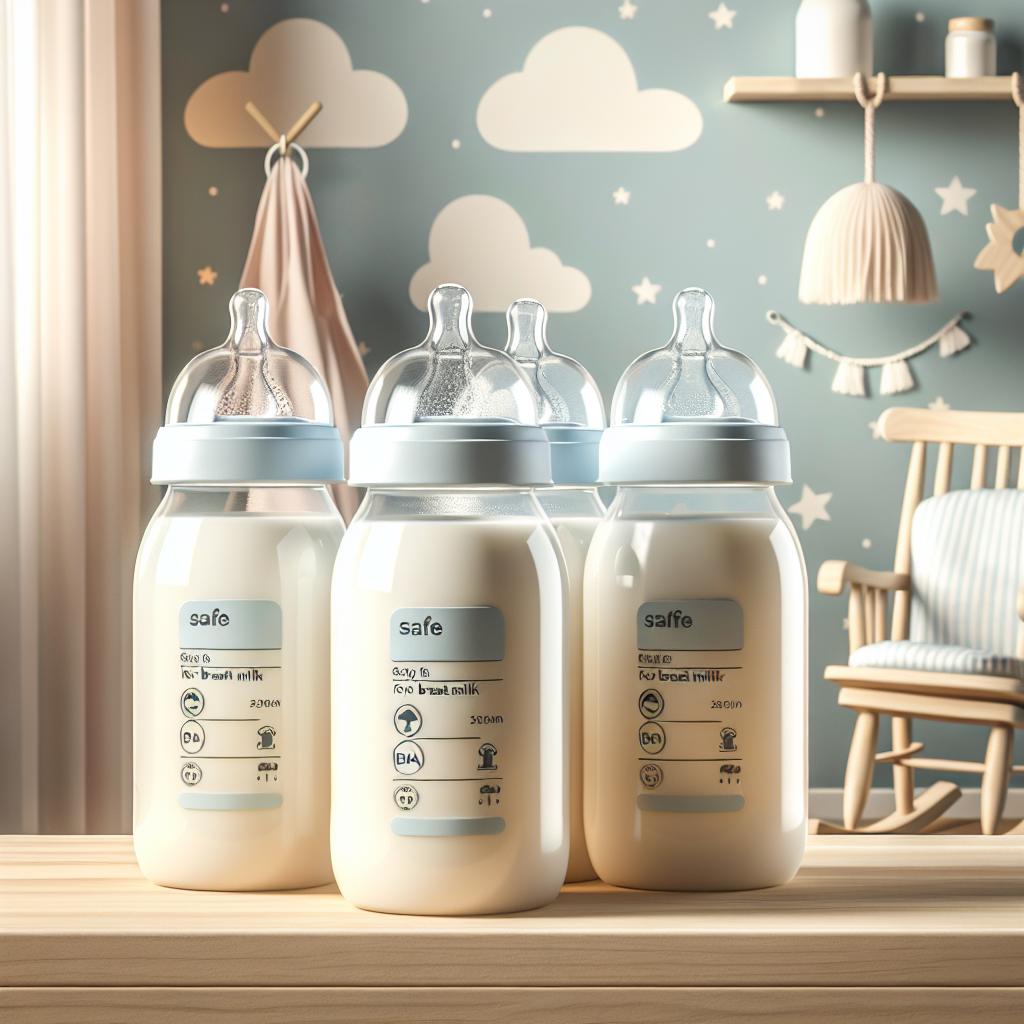The Time-Tested Techniques to Reduce Spit-Up
As parents, seeing our babies struggle with spit-up and reflux can be heart-wrenching. However, thanks to modern research and practical parental wisdom, simple changes to feeding habits can drastically reduce spit-up and alleviate discomfort for your little ones.
Understanding the Root Causes of Spit-Up
First and foremost, it’s crucial to understand that spit-up is a normal occurrence – especially in the first few months of a baby’s life. Infants have immature digestive systems and spit-up is nature’s way of handling this. However, frequent spit-up and reflux can be a sign of overfeeding or Gastroesophageal Reflux (GER). If you’re ever unsure about your baby’s spit-up or reflux, always consult with a healthcare professional.
Feeding Techniques that Minimize Reflux
While no two babies are the same, experts agree that certain feeding practices can help minimize reflux and spit-up. Here are a few tips that you can incorporate into your feeding routine:
- Small is better: Instead of feeding your baby large amounts at once, try smaller portions spaced out more frequently throughout the day. This prevents the stomach from getting too full and reduces the risk of spit-up.
- Upright feeding: Feeding your baby in an upright position allows gravity to help keep the food in the stomach, reducing the likelihood of reflux.
- Slow down: If your baby is gulping down their food, this can lead to spit-up. Monitor your baby’s feeding speed and try slowing things down by taking short breaks during the feed.
- Stay relaxed post-feed: Keeping your baby calm and upright for 20-30 minutes after feeding can also prevent spit-up through the same gravitational effect.
Feeding Products Designed to Reduce Spit-Up
The tools you use to feed your baby can also have a significant impact on reducing spit-up. Biomimetic Bottles are specially designed with this in mind. Inspired by the natural breastfeeding process, these secure feeding choice bottles that parents love, provide the perfect feeding experience by preventing air intake during feeding, which is a common cause of spit-up and gas in babies.
Pairing good feeding techniques with specialized products can drastically cut down on reflux, leading to a happier baby and less cleanup for parents. Remember, infants develop at their own pace, and what works for one may not work for another.
From a practical perspective, it’s important to have a laundry strategy in place. Spit-up is inevitable, no matter how many precautions you take. Using burp cloths and bibs can help protect your clothing and cut down on your laundry workload.
Take these tips and tailor them to your baby’s unique needs and growth. Remember that patience is key as every child is different. If your baby continues to have frequent spit-up or reflux despite your efforts, it may be time to consult with a pediatrician.
Recognizing the Difference Between Spit-Up and Reflux
Before we delve deeper, it’s important to understand the distinction between spit-up and reflux. Spit-up happens when babies regurgitate milk or formula through their mouth or nose, and it usually occurs shortly after feedings. According to Healthy Children, it’s a common occurrence during the first year and generally doesn’t cause any discomfort.
Reflux, on the other hand, can be more serious. As defined by Seattle Children’s Hospital, reflux happens when food and acidic stomach juices flow back into the esophagus, causing heartburn-like symptoms. This may cause more distress and needs medical supervision.
Understand and Respond to Your Baby’s Cues
Your baby can’t tell you in words when they’re full or when they’re feeling discomfort. However, their body language and behavior can provide essential clues. Poking their tongue out, turning away from the bottle or breast, and becoming easily distracted are all signs that your baby may be full. If these cues are ignored, your baby might be overfed which can lead to spit-up.
Crying, fussiness, arching of the back, and sleep disturbances may indicate discomfort associated with reflux. If your baby displays these signs, immediately consult with your healthcare provider.
Dietary Adjustments Can Help
If your baby is reliant on formula milk, and they experience frequent spit-up or reflux, changing the formula might be advised. Special formulas are available, which have been thickened to help them stay in the baby’s stomach and reduce the incidence of spit-up. Consult your pediatrician before making changes to your baby’s diet.
Safety Measures While Sleeping
According to the National Institute of Child Health and Human Development, babies who sleep on their backs are less likely to suffer from infant death syndrome (SIDS), which can sometimes be associated with severe reflux. While back sleeping is generally safest, for babies with severe reflux, your doctor might suggest a different sleeping position. Always follow your doctor’s guidance when it comes to your baby’s safety while asleep.
Final Word
Reducing spit-up and managing reflux in your baby may require a combination of strategies. Patience and attentiveness to your baby’s needs and cues are your most important tools in this journey.
There are many simple and practical steps that you can take to help your baby. However, if despite your best efforts the spit-up becomes persistent and your baby seems uncomfortable, reaches out for medical advice quickly. Successful spit-up and reflux management can lead to a happier and healthier baby, and a more relaxed and confident parent.






